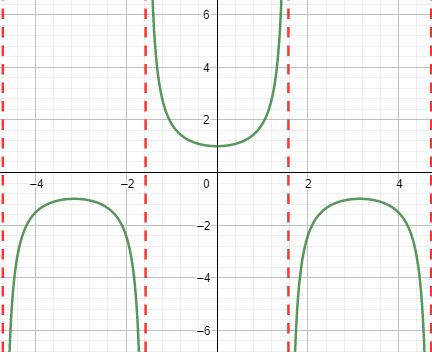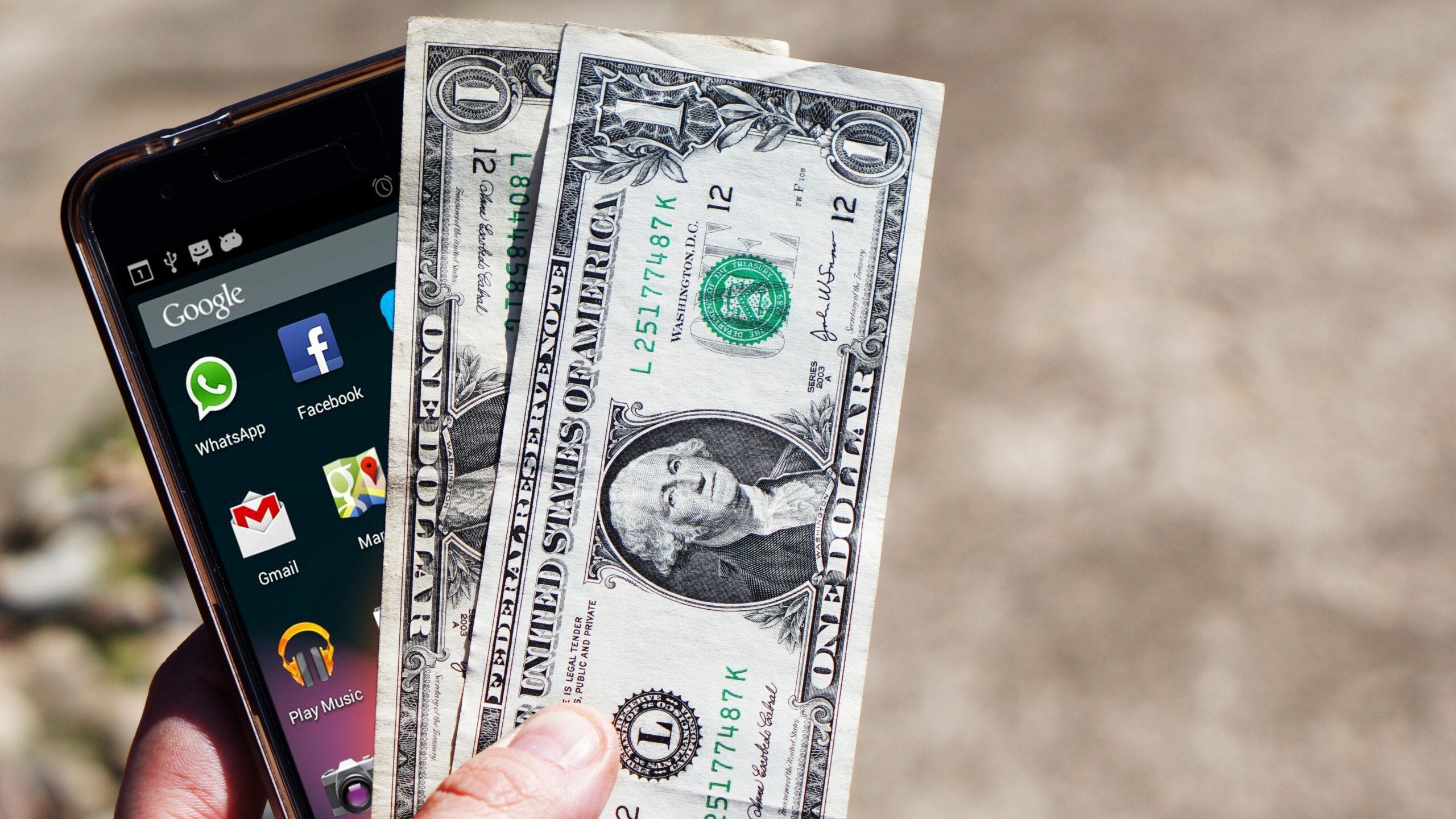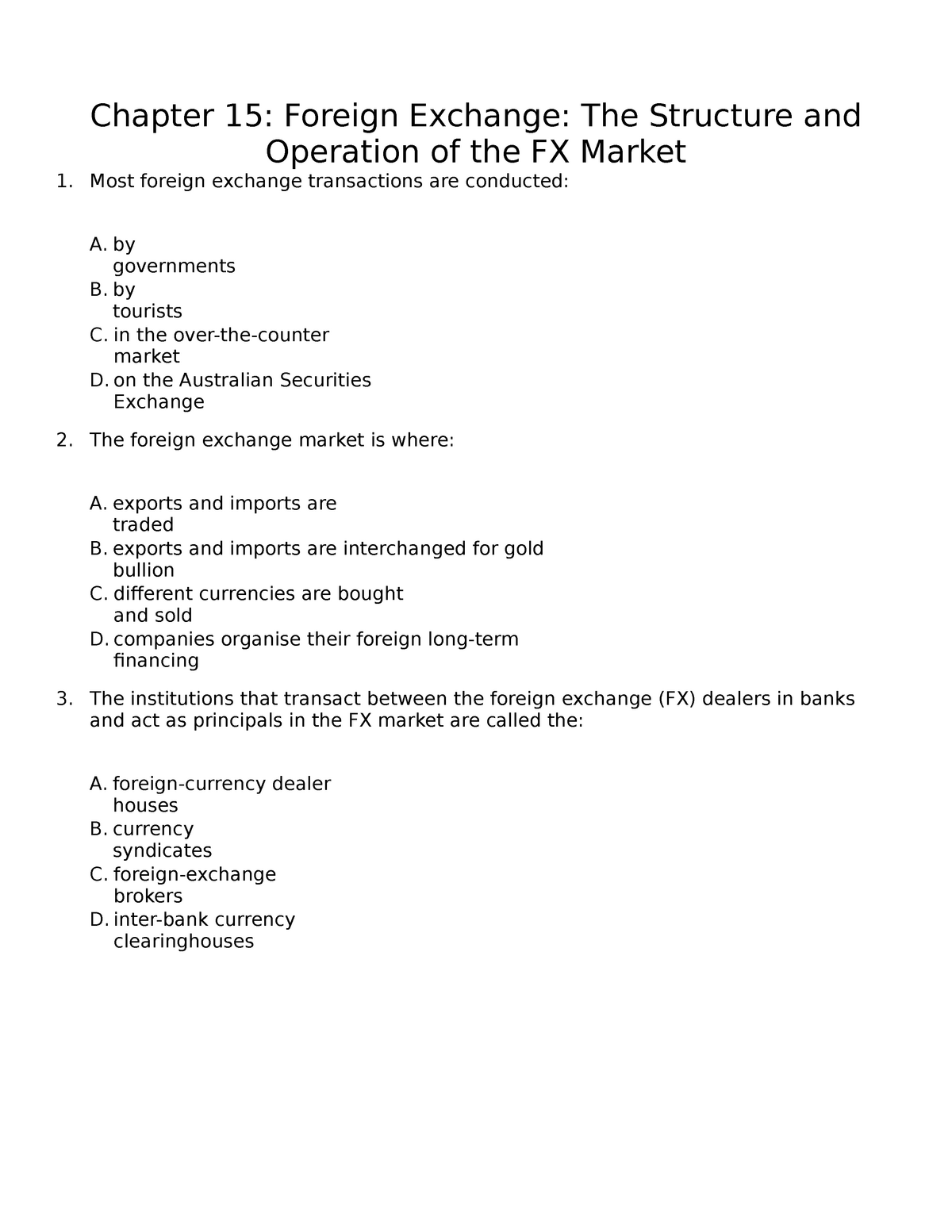
There are many things that you should know about the available options. A high-yield online savings account is one option that is worth considering. This account is usually FDIC insured, which makes it safe for your cash.
There are many kinds of investment accounts. However, the best ones are those that give you the greatest bang for your buck. A taxable brokerage account is an excellent option if you are looking for something to do with that extra cash that you have laying around. These accounts offer you the option of buying investments, such as stocks, bonds, and mutual funds. They can also be used to sell those investments through licensed brokers.
These accounts are best for young investors because they are based on multiple factors. You have to consider the level of risk a kid is willing to take, their taxable income, and what the best options are.

While a high yield online savings account can be a great option for your money, it is worth considering if you are concerned about losing purchasing power to inflation. You might also consider an education savings account or an individual retirement account (IRA), if you are looking for something you can do while you work.
Although stock investments aren't for everyone the rewards can be quite substantial. A 401(k), a similar plan, or any other type of plan, is a great choice for young workers. The tax rates are much lower than their salaries. If your child is going to college, a 529 plan can also be a great option. These accounts allow for you to invest in markets while also saving money for your child’s education. Some states also offer a tax break for the money you spend on college.
There are also a number of apps that can help you invest your spare change. Acorns offers a free consultation and a $100 Visa gift certificate. It also gives you access to a variety of investment options. You can also view a free intro video that gives you an overview about the available products and services. It can be difficult deciding whether to open a high yield online savings account, or a mutual trust. However, a competent financial advisor can help determine which option is best for your needs.
M1 Finance, a microinvesting app like M1 Finance, can help you determine which investments are best for you. It is also a good idea to discuss your options with your current bank. Some banks might offer better interest rates than others or better service.

Coverdell Education Savings Accounts (CESA) are one of the top investment accounts for young people. This is the best way to save money for your child's future and will likely offer you a tax deduction.
FAQ
What's the role of the Securities and Exchange Commission (SEC)?
SEC regulates the securities exchanges and broker-dealers as well as investment companies involved in the distribution securities. It enforces federal securities regulations.
What is a bond?
A bond agreement is an agreement between two or more parties in which money is exchanged for goods and/or services. It is also known to be a contract.
A bond is typically written on paper and signed between the parties. The document contains details such as the date, amount owed, interest rate, etc.
The bond can be used when there are risks, such if a company fails or someone violates a promise.
Many bonds are used in conjunction with mortgages and other types of loans. This means that the borrower must pay back the loan plus any interest payments.
Bonds are used to raise capital for large-scale projects like hospitals, bridges, roads, etc.
A bond becomes due upon maturity. This means that the bond owner gets the principal amount plus any interest.
If a bond isn't paid back, the lender will lose its money.
Can bonds be traded?
Yes they are. They can be traded on the same exchanges as shares. They have been doing so for many decades.
The only difference is that you can not buy a bond directly at an issuer. A broker must buy them for you.
This makes buying bonds easier because there are fewer intermediaries involved. This means that you will have to find someone who is willing to buy your bond.
There are many different types of bonds. There are many types of bonds. Some pay regular interest while others don't.
Some pay interest annually, while others pay quarterly. These differences allow bonds to be easily compared.
Bonds are a great way to invest money. You would get 0.75% interest annually if you invested PS10,000 in savings. If you were to invest the same amount in a 10-year Government Bond, you would get 12.5% interest every year.
You could get a higher return if you invested all these investments in a portfolio.
How are shares prices determined?
Investors who seek a return for their investments set the share price. They want to earn money for the company. They buy shares at a fixed price. If the share price goes up, then the investor makes more profit. If the share price goes down, the investor will lose money.
The main aim of an investor is to make as much money as possible. This is why they invest in companies. It helps them to earn lots of money.
How do I invest on the stock market
You can buy or sell securities through brokers. Brokers can buy or sell securities on your behalf. When you trade securities, you pay brokerage commissions.
Banks are more likely to charge brokers higher fees than brokers. Banks will often offer higher rates, as they don’t make money selling securities.
If you want to invest in stocks, you must open an account with a bank or broker.
If you hire a broker, they will inform you about the costs of buying or selling securities. This fee is based upon the size of each transaction.
You should ask your broker about:
-
the minimum amount that you must deposit to start trading
-
Are there any additional charges for closing your position before expiration?
-
What happens if your loss exceeds $5,000 in one day?
-
How long can positions be held without tax?
-
whether you can borrow against your portfolio
-
whether you can transfer funds between accounts
-
How long it takes to settle transactions
-
The best way to sell or buy securities
-
How to avoid fraud
-
How to get help when you need it
-
whether you can stop trading at any time
-
How to report trades to government
-
Reports that you must file with the SEC
-
whether you must keep records of your transactions
-
whether you are required to register with the SEC
-
What is registration?
-
What does it mean for me?
-
Who is required to be registered
-
When do I need to register?
Statistics
- Individuals with very limited financial experience are either terrified by horror stories of average investors losing 50% of their portfolio value or are beguiled by "hot tips" that bear the promise of huge rewards but seldom pay off. (investopedia.com)
- "If all of your money's in one stock, you could potentially lose 50% of it overnight," Moore says. (nerdwallet.com)
- US resident who opens a new IBKR Pro individual or joint account receives a 0.25% rate reduction on margin loans. (nerdwallet.com)
- Our focus on Main Street investors reflects the fact that American households own $38 trillion worth of equities, more than 59 percent of the U.S. equity market either directly or indirectly through mutual funds, retirement accounts, and other investments. (sec.gov)
External Links
How To
How to create a trading strategy
A trading plan helps you manage your money effectively. It helps you identify your financial goals and how much you have.
Before you start a trading strategy, think about what you are trying to accomplish. You may want to make more money, earn more interest, or save money. If you're saving money you might choose to invest in bonds and shares. If you are earning interest, you might put some in a savings or buy a property. Maybe you'd rather spend less and go on holiday, or buy something nice.
Once you decide what you want to do, you'll need a starting point. It depends on where you live, and whether or not you have debts. Consider how much income you have each month or week. Income is what you get after taxes.
Next, you'll need to save enough money to cover your expenses. These include rent, food and travel costs. Your monthly spending includes all these items.
Finally, you'll need to figure out how much you have left over at the end of the month. This is your net available income.
This information will help you make smarter decisions about how you spend your money.
Download one online to get started. Ask someone with experience in investing for help.
For example, here's a simple spreadsheet you can open in Microsoft Excel.
This displays all your income and expenditures up to now. This includes your current bank balance, as well an investment portfolio.
Here's another example. This one was designed by a financial planner.
This calculator will show you how to determine the risk you are willing to take.
Do not try to predict the future. Instead, focus on using your money wisely today.